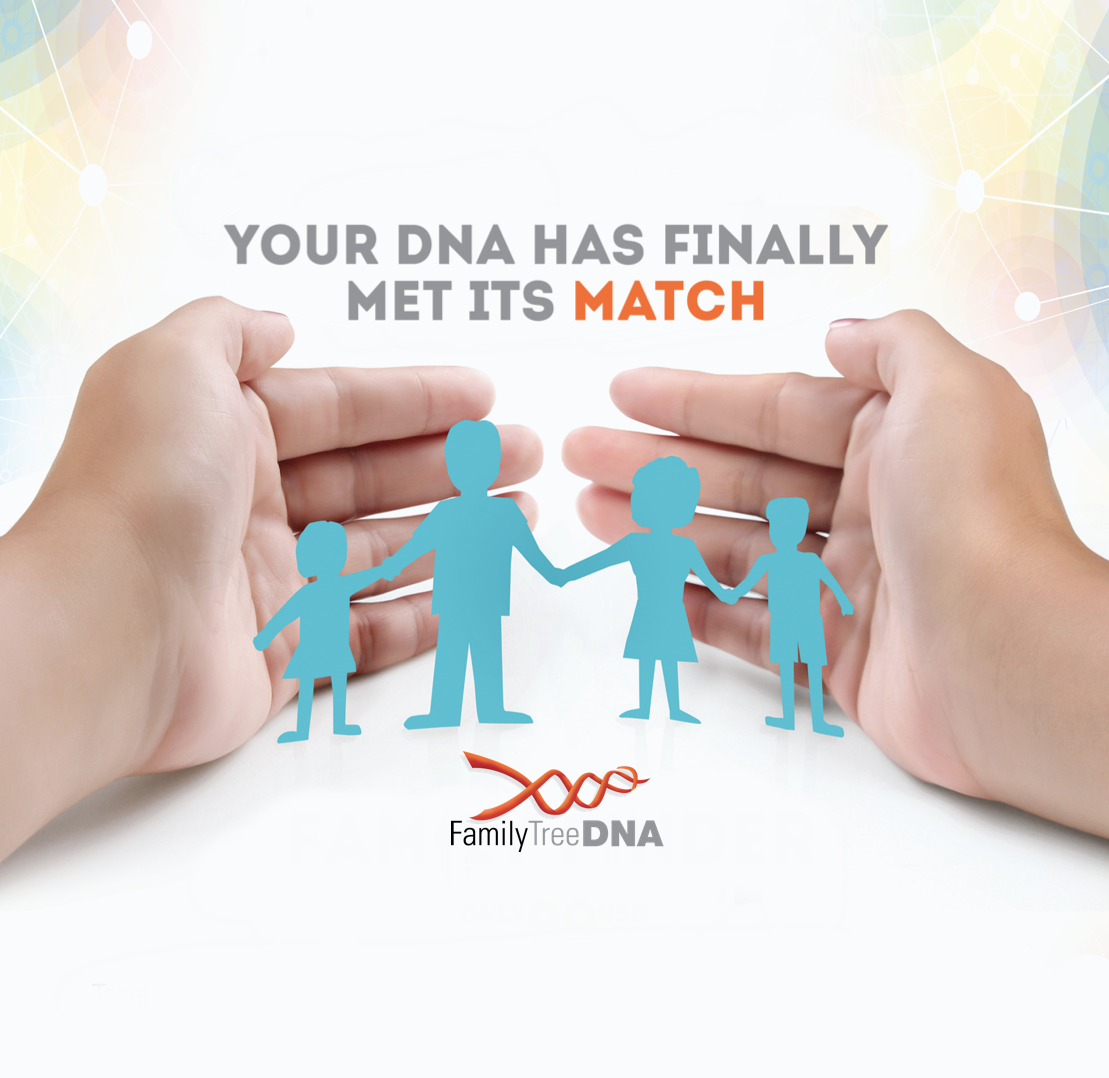Hello,
I appear to have hit a dead end with my research, and I have no idea where to go next. The last Mc/MacGregor I can trace is Simon, claiming to be born around 1789, in Contin, Ross. On his 1859 death certificate, his second son, Neil, gives his parents as Alexander McGregor and Mary Grant.
However, there are no records of an Alexander McGregor and a Mary Grant. I have searched ScotlandsPeople. No luck. Contacted the Clan Gregor forum. Nothing. I have even attempted to search other death records for possible siblings, but all that is provided is the mother's maiden name.
It is well-known that the MacGregors were forced to adopt different names when the surname was proscribed, but Simon would have been born more than 10 years after the ban on the name was lifted. Could he have changed his surname to the original? Possibly.
All I know for certain is that he married Margaret McKenzie as 'Simon McGrigor' in Fodderty on the 27th of December 1811. As such a famous Scottish family, I would love to trace my patrilineal line beyond 2 centuries ago. My mum's surname is German Jewish, and I haven't even got beyond 1826 with that one.
I would appreciate any help or advice,
Adam
I appear to have hit a dead end with my research, and I have no idea where to go next. The last Mc/MacGregor I can trace is Simon, claiming to be born around 1789, in Contin, Ross. On his 1859 death certificate, his second son, Neil, gives his parents as Alexander McGregor and Mary Grant.
However, there are no records of an Alexander McGregor and a Mary Grant. I have searched ScotlandsPeople. No luck. Contacted the Clan Gregor forum. Nothing. I have even attempted to search other death records for possible siblings, but all that is provided is the mother's maiden name.
It is well-known that the MacGregors were forced to adopt different names when the surname was proscribed, but Simon would have been born more than 10 years after the ban on the name was lifted. Could he have changed his surname to the original? Possibly.
All I know for certain is that he married Margaret McKenzie as 'Simon McGrigor' in Fodderty on the 27th of December 1811. As such a famous Scottish family, I would love to trace my patrilineal line beyond 2 centuries ago. My mum's surname is German Jewish, and I haven't even got beyond 1826 with that one.
I would appreciate any help or advice,
Adam




Comment